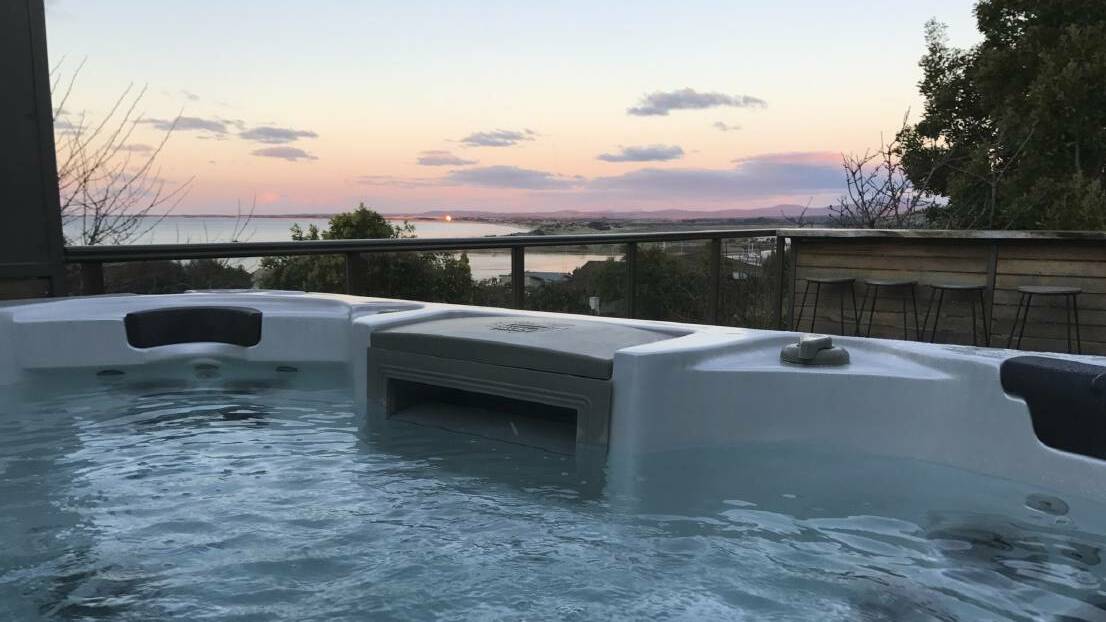
As calls for a pause on short-term accommodation permits stalls, the financial appeal of offering properties as holiday rentals continue to lose its shine with Tasmanian listings on Airbnb plummeting.
Subscribe now for unlimited access.
or signup to continue reading
In response to the suggestion of a pause on permits, the Tasmanian Hospitality Association said it would support such an action, as well as a review of short-stay accommodation regulations. But it added that in softening tourism climate, a pause would not make much difference anyway.
IN OTHER NEWS:
"Accommodation is going to struggle while there is limited tourism, whether that is traditional accommodation providers or those who are unregulated," THA chief executive Steve Old said.
Figures from market website AirDNA certainly show that holiday listings on sites such as Airbnb have dropped considerably since the 2019 and 2020 summer tourism period.
In Launceston, for instance, there were more than 200 short-term rentals available on the market in 2019 and the start of 2020, a majority were two-bedroom properties.
That figure dropped steadily throughout the pandemic, and at the end of December 2019, there were 163 properties available.
In Devonport, the accommodation rental availability sat at 77, which has dropped to 43.
In Burnie, it sat at 91 and dropped to 60.
In the capital city of Hobart, there were almost 250 properties for accommodation at the peak 2019 summer period, which had dropped to around 2010 at the end of December.
Tasmanian Residential Rental Property Owners Association president Louise Eliott said a pause was not necessary, as market forces would resolve the issue naturally.
"My Airbnb is at really low occupancy, it is at 20 per cent whereas it used to be 90 per cent, and a lot of owners can't tolerate that. They have gone back to long term rentals and stay wary of Airbnb because of the income insecurity," he said.
She added that any pause on permit approvals could also create an unfair financial advantage to property owners who own houses with permits.
"Properties with current permits could become more valuable. It a property comes with a permit it could create this extra artificial value on the house prices. "
Despite many changes to short term rental accommodation, Air DNA predicts that unique short term accommodation will be a trend in 2021.
"Hosts have reimagined what a "vacation rental" even is, and travellers are onboard.
"Here we see how "Unique Stays" lead the revenue growth recovery in late 2020. We're projecting supply and demand for unique stays to remain strong in 2021 even as travel returns to normal."
It also said the trend of seasonality holidays has shifted during and after the pandemic.
"2020 caused normal seasonality patterns to change. Is it part of a larger, more permanent shift away from seasonality?"
The state government has not drawn into the suggestion of a short-term permit approval pause.
"Local councils currently have, and always had, the discretion to restrict the conversion of properties to short-stay accommodation."













